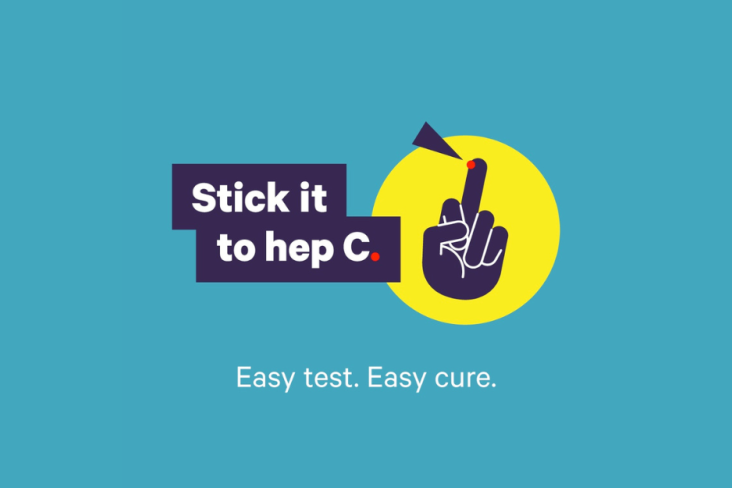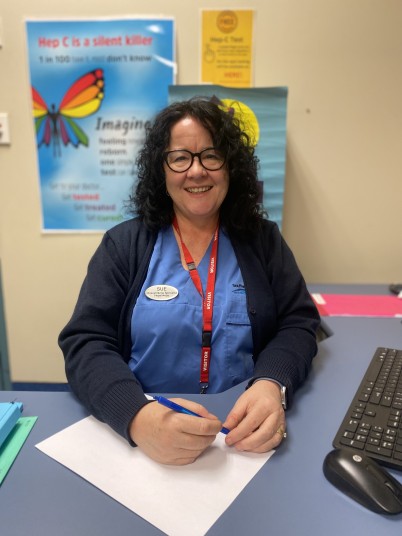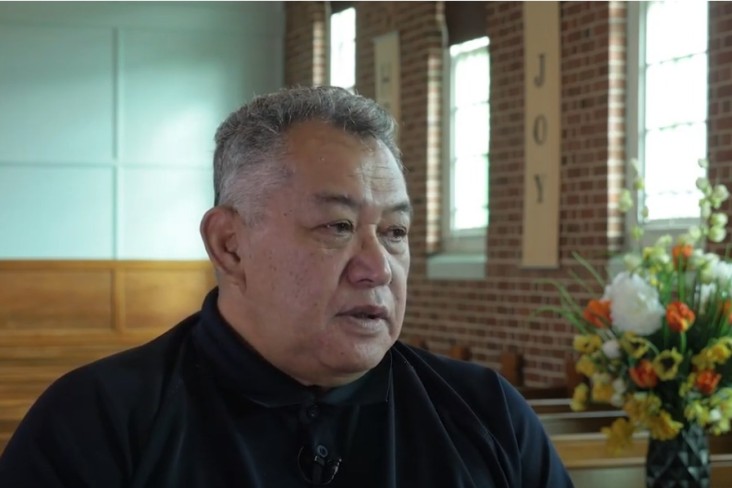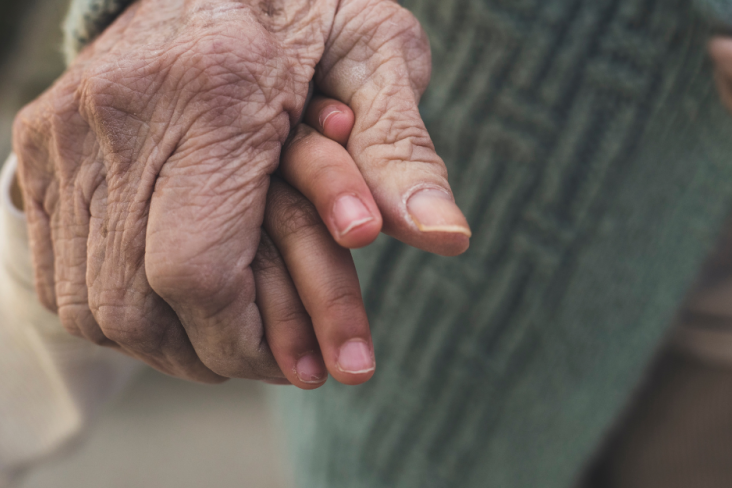Sunday 28 July is World Hepatitis Day, and Hepatology Clinical Nurse Specialist Sue Gale wants to remind everyone to consider testing for the disease.
Many people with hepatitis B or C won’t have any symptoms – or any idea that they have it – until years later when liver damage starts causing problems.
Historically these viruses were often associated with risky or stigmatised behaviours like injecting drugs. But as Sue points out, someone could contract a hepatitis from coming into contact with infected blood in almost any setting.
"Treatment for hepatitis C is simple, very effective, and free to the patient, so by picking up infections early we can prevent all sorts of problems like cirrhosis, liver cancer, or liver failure. The time to act is now!”
The World Health Organisation wants to eliminate hepatitis completely by 2030 – and Sue says it's an achievable, if aspirational, goal.
“We could do it, but we need to be finding and treating at least 2000 people a year in New Zealand, and we’re currently only reaching 500.”
Read more about the push for testing here Get a hepatitis C test and put your worries behind you – Health New Zealand | Te Whatu Ora




